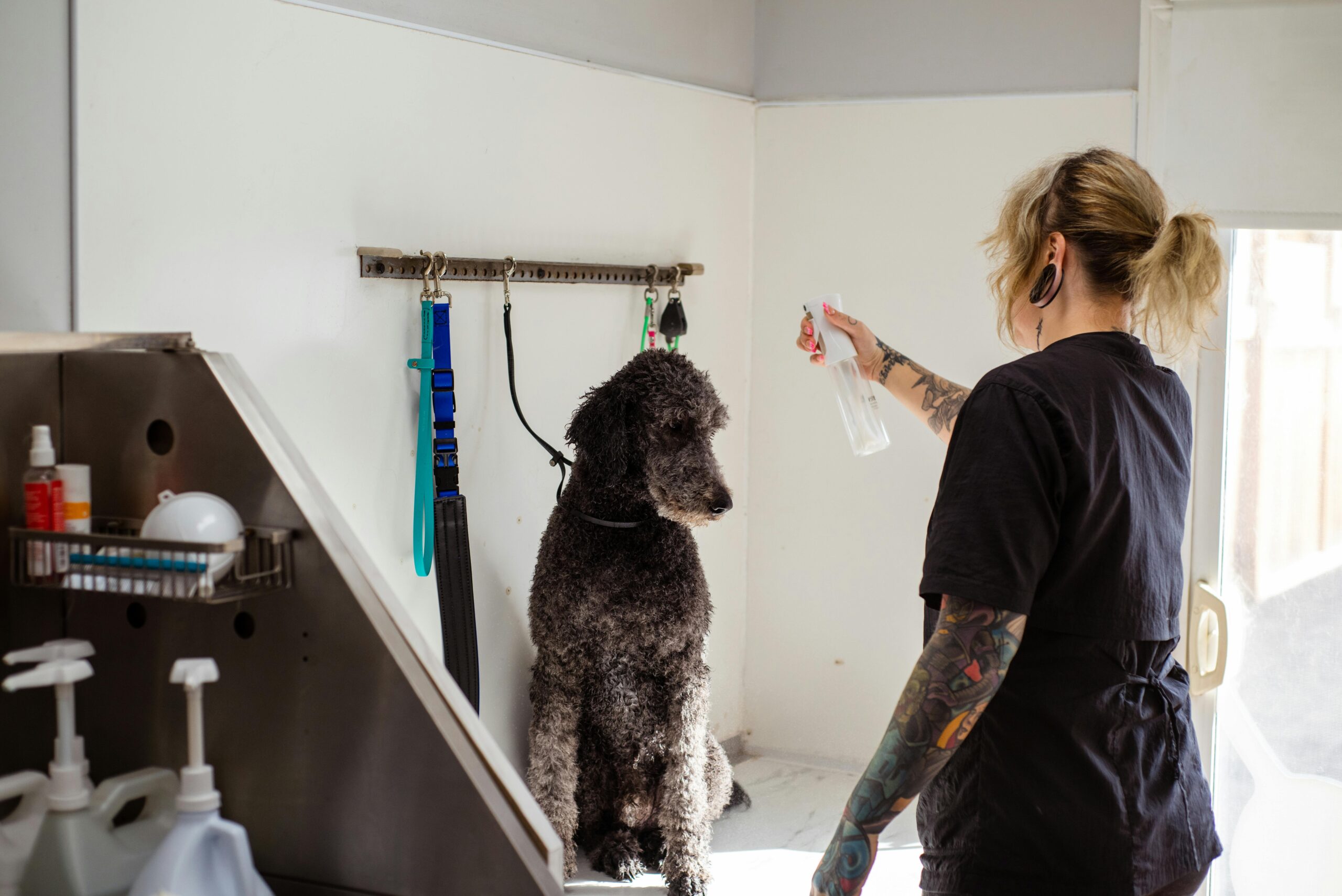When it comes to hydrating our feline companions, it’s natural to consider if they can consume the same liquids as us. One popular product on the market is Liquid IV, which is a mix of electrolytes that can help stay hydrated. But can dogs have Liquid IV? Let’s examine this topic and the benefits and potential risks of administering IV fluids to our canine companions.
What Is Liquid IV?
Liquid IV’s hydration product claims to provide hydration more effectively than ordinary water alone. It contains a combination of electrolytes, vitamins, and minerals and can replenish the body’s fluids and vital nutrients. Many individuals utilize Liquid IV for a variety of purposes, such as after intense exercises or during illness.
Can Dogs Have Liquid IV?
Although Liquid IV may be advantageous for humans, it is not advised for canines. Humans and dogs have distinct hydration requirements and digestive systems. Adding Liquid IV to your feline friend’s diet may result in undesirable side effects and health hazards.
Benefits Of Liquid IV for Dogs
Liquid IV is designed to meet the hydration requirements of humans, with an emphasis on electrolyte and nutrient replenishment. However, canines have distinct needs and can obtain sufficient hydration from clean water and a healthy diet. It is essential to note that administering Liquid IV to canines is unnecessary and may not provide additional benefits in comparison to ordinary water.
The Dangers of Liquid IV For Dogs
Although Liquid IV may appear to be harmless, it poses hazards to canines. The composition and concentration of Liquid IV are incompatible with canine consumption. Dogs have specific dietary requirements, and introducing foreign substances can potentially cause digestive distress and gastrointestinal problems. Additionally, certain Liquid IV constituents, such as artificial sweeteners or flavors, may be toxic to canines.
Why Can’t Dogs Drink Liquid IV?
Dogs have a distinct metabolic system, and their bodies are not designed to metabolize certain ingredients present in human products such as Liquid IV. Some of the ingredients, such as certain vitamins and minerals, may exceed the dog-safe levels. In addition, the flavors and additives in Liquid IV can harm dogs’ health. Always use dog-specific products and consult a veterinarian regarding your dog’s hydration requirements.
How Do I Rehydrate My Dog?
There are safe and effective methods to rehydrate your dog if you are concerned about their hydration. The primary and most reliable method is always to supply them with clean, fresh water. Ensure that your dog has access to water throughout the day, particularly after exercise and in warm weather. In addition, if your dog exhibits symptoms of dehydration or illness, it is imperative to seek veterinary care immediately.
Can I Give Pedialyte to My Dog?
Pedialyte is a brand of electrolyte solution intended for human consumption, especially for rehydration in infants. It may be tempting to give your dog Pedialyte, but it’s vital to remember that dogs have distinct electrolyte needs than humans. The administration of Pedialyte to canines without veterinary supervision may result in electrolyte imbalances or overdose, which may be harmful to their health. Before administering human products to your dog, you should consult a veterinarian.
FAQs
Can My Dog Drink Electrolyte Water?
Electrolyte water might seem like a good way to rehydrate your dog, but be careful. Dogs have specific electrolyte needs, and their bodies may not be able to manage the composition of human electrolyte water. Consult a veterinarian to determine the optimal electrolyte equilibrium for your dog’s specific requirements.
Can Electrolytes Hurt Dogs?
Electrolytes may harm dogs if you administer them in the wrong proportions or if they are not balanced with their specific requirements. Dogs require a specific electrolyte balance to maintain their overall health and well-being. Inadequate electrolyte administration or administration without veterinary supervision can result in imbalances that can be detrimental to your dog’s health. It is always best to consult a veterinarian to ascertain the appropriate electrolyte supplementation for your dog.
Can I Make Homemade Electrolyte Solution for My Dog?
Making a homemade electrolyte solution for your dog is hazardous, though it is comprehensible that you want to provide the best care possible. The electrolyte balance in homemade solutions may not be accurate or suitable for the requirements of your dog. Consult a veterinarian who can advise you on the best electrolyte supplements for your dog. They may recommend particular commercially available dog food products.
What Are the Signs Of Dehydration In Dogs?
Identifying the symptoms of dehydration in canines is crucial for their health. Common dehydration symptoms include excessive gasping, parched gums, loss of skin elasticity, sunken eyes, lethargy, and decreased urination output. If you suspect your dog is dehydrated, immediately provide them with fresh water and seek veterinary care.
How Can I Prevent Dehydration in My Dog?
The best way to keep your dog healthy is to keep them from getting dehydrated. Always provide your dog with access to clean, fresh water. Check their water receptacle frequently to ensure it is filled and sanitary. Offer water more frequently during humid weather or after exercise to prevent dehydration. If your dog exhibits symptoms of dehydration or has specific health conditions, consult a veterinarian to determine the best hydration strategy for your dog.
Are There Any Specific Breeds More Prone to Dehydration?
While all canines are susceptible to dehydration, some breeds may be more susceptible than others due to a variety of factors. Due to their abbreviated snouts, brachycephalic breeds such as Bulldogs and Pugs are more susceptible to overheating and dehydration. In addition, canines with certain health conditions or those who are physically active in humid climates may be more susceptible. It is essential to be aware of your dog’s specific requirements and to take the necessary precautions to prevent dehydration.
Can I Give My Dog Ice Cubes to Help with Hydration?
Ice cubes can be a refreshing delight for canines, particularly when the weather is hot. However, relying on ice crystals alone for hydration may not be adequate. While ice crystals can provide a small amount of water, it is essential to provide additional fresh water to ensure appropriate hydration. Additionally, ice crystals pose an ingestion hazard, so it’s best to keep an eye on your dog while he enjoys them.
How Can I Encourage My Dog to Drink More Water?
If your dog is not consuming enough water, you can employ a number of techniques to encourage them to remain hydrated. One approach is to provide your dog with a readily accessible clean, fresh water source. Consider a pet fountain or leaving a faucet flowing if your dog prefers circulating water. A modest measure of low-sodium broth added to the water can also encourage your dog to consume more. In addition, feeding moist food or incorporating foods with high moisture content into their diet can contribute to their overall hydration.
Tell us in the comments, how you like our article “Can Dogs Have Liquid IV?”
For similar posts like this, click here.
For the source file, click here.








